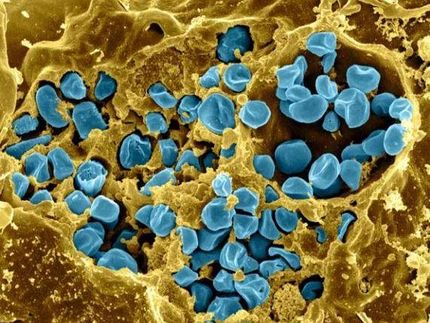Melon genome obtained
A consortium of nine research centres has obtained the melon genome, a horticultural specie with high economic value around the world. It is the first time that a Spanish initiative that unites private and state-run centres has obtained the complete genome of a higher organism, in this case a plant, which produces flowers and seeds. Also, it has been done by applying massive sequencing technologies.
Besides the complete melon genome, scientists have obtained the particular genomes of seven melon varieties. The study is published in Proceedings of the National Academy of Sciences (PNAS).
The scientific Project has been lead by Pere Puigdomènech, at the Spanish National Research Council (CSIC), and Jordi Garcia Mas, at the Institute for Research and Technology in Food and Agriculture (IRTA). Both scientists work at the Center for Research in Agricultural Genomics (CRAG), in Barcelona. Also, the team lead by Roderic Guigó, at the Genomic Regulation Center has made an important contribution to the project.
Results have shown that the melon genome has 450 millions of base pairs and 27.427 genes. It is much bigger than the genome of its nearest "relative', the cucumber that has 360 millions base pairs. "This difference is due mainly to the amplification of transposable elements. We didn't find recent duplications within the genome, which are very common in plant species", highlights Puigdomènech.
"We have identified 411 genes that can be related in disease resistance. They are few but, nevertheless, the melon has a high capacity of adaptation to different environments", explains the CSIC scientist. During the work, when comparing this genome with others that are near philogenetically, they have observed how changes occur to the genome of this species, which is known for its high variability.
Another question of interest is that related to the ripening of the fruit, a process which determines fruit characteristics such as taste and flavour. Scientists have identified up to 89 genes related with some aspects of this process: 26 genes related to the carotenoid accumulation -which gives the colour to the melon flesh- and 63 related to the sugar accumulation and the taste of melon. 21 genes out of the last 63 had never been described before.
Most read news
Other news from the department science

Get the analytics and lab tech industry in your inbox
By submitting this form you agree that LUMITOS AG will send you the newsletter(s) selected above by email. Your data will not be passed on to third parties. Your data will be stored and processed in accordance with our data protection regulations. LUMITOS may contact you by email for the purpose of advertising or market and opinion surveys. You can revoke your consent at any time without giving reasons to LUMITOS AG, Ernst-Augustin-Str. 2, 12489 Berlin, Germany or by e-mail at revoke@lumitos.com with effect for the future. In addition, each email contains a link to unsubscribe from the corresponding newsletter.























































